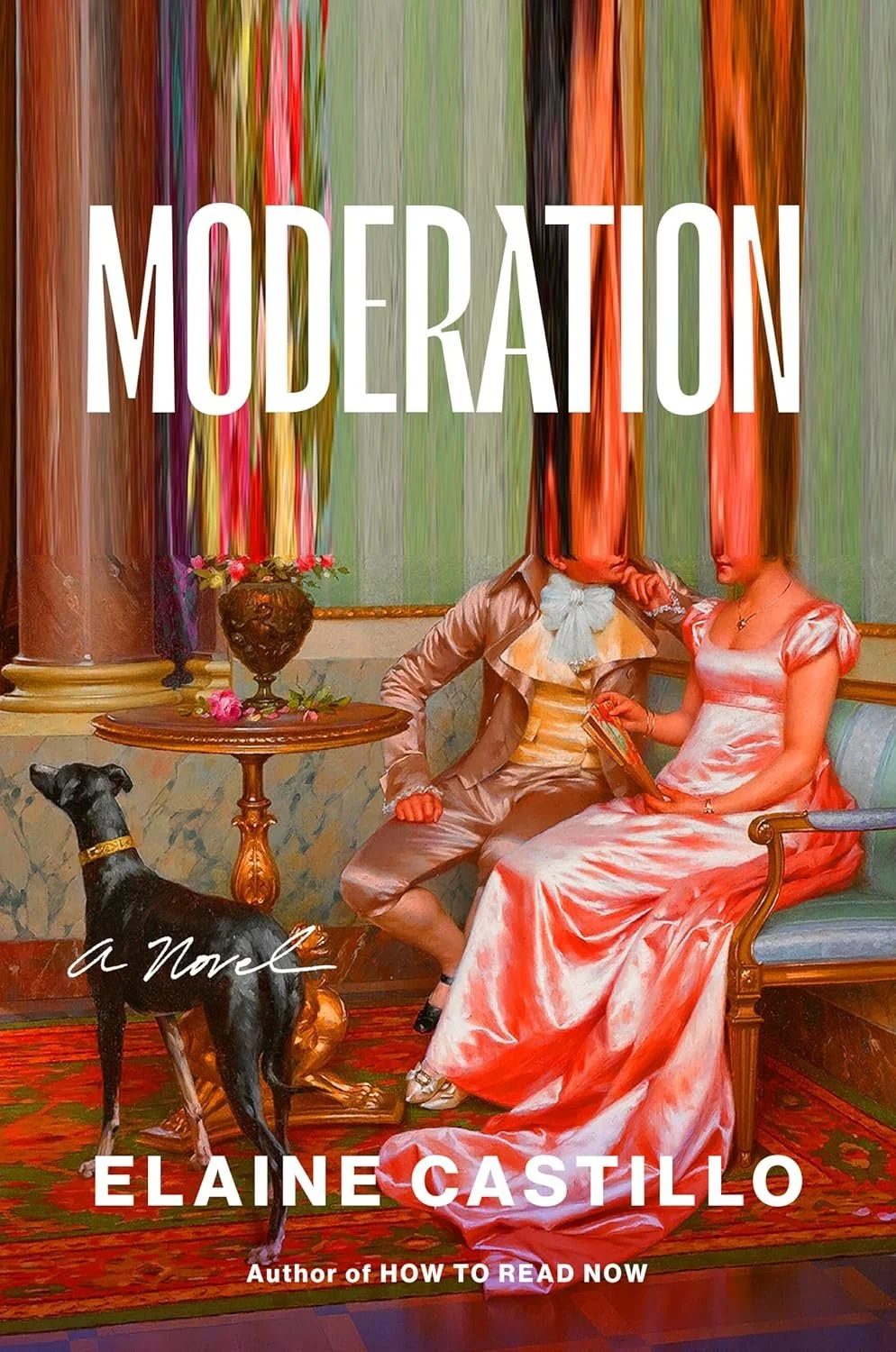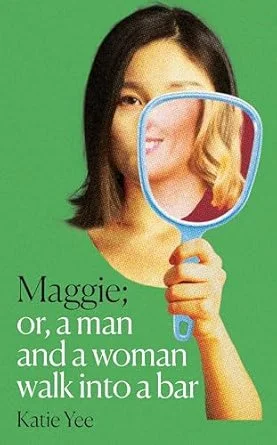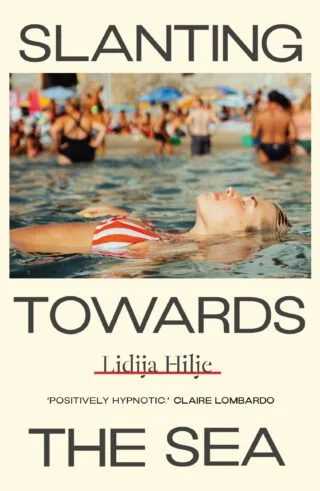A Conversation with Prof. Suzannah Lipscomb
Image Credit: Sam Holden
First of all, huge congratulations for being the Chair of judges in the inaugural Women’s Prize for Non-Fiction! I’d love to know how the judging process has been for you up to this point?
It has been very positive actually. It is exceedingly well run by the super women at the Women’s Prize Trust. There has been an extraordinary sense of being held, you know, being really well looked after. There was a meeting early on where the judges all met so that, even during the time when we were independently reading, we already had a sense of each other and were in touch on WhatsApp or e-mail. The process is very good as well – it’s a very thorough process, so each author can be assured they are being seriously read by at least two people. I think that makes a real difference.
And reading for the judging has been wonderful. I mean, what an amazing thing to read a huge number of works by women on all sorts of topics – I’ve read things I would never otherwise have read. The other thing I should say is that there’s a spirit of positive judging, which is wonderful. So, this means that nobody’s being asked to rubbish books or be spiteful about them or anything like that. Positive passion is a very important aspect of the judging process.
Although this is the first year of the Non-Fiction Prize, the Women’s Prize for Fiction has been around for a while, so I wondered what your own relationship with the Women’s Prize is like? Does it inform your reading in any way?
Oh, yes. I’ve been a great fan of it for years and it has absolutely done what it does for lots of people, which is given me my TBR list each year. So, it’s very exciting to be part of it and it has been amazing to go along to the parties! I’ve been lucky enough to have been invited to the parties for a few years and have done some events for them, and I love hearing from the winners, who are always astounded and modest and grateful. There’s this great sense of collegiality about it.
So, it has been very exciting to be part of the process of making that longlist, working towards a shortlist, and then eventually we will pick our winner. And to think about the difference it makes in people’s lives, because that’s the thing about the Women’s Prize – by comparison to some other prizes, it really turns the dial on sales and makes a difference in terms of exposure.
I tend to talk to writers who are judging fiction prizes, and I’m always interested in how they switch from reading for pleasure to reading critically. But of course, as a historian, you work closely and critically with many non-fiction texts, so I wondered how you approach the different forms of reading you embark on?
I read quite a lot for my podcast, ‘Not Just the Tudors’. So, I have a lot of guests coming on that and I read their works for that, but when I’m reading for my own research, I tend to do what I used to call ‘gutting a book’ to my students, so I don’t read it cover to cover. I read it as I need to. So, in some ways, the experience of reading for the prize was a bit more like reading for the podcast. It was a cover-to-cover experience, of course, but there is a combination of approaches because it is about reading critically and thinking about the text critically, and I enjoy that enormously, but the other question is, you know, am I enjoying it? And while you can’t just go into a judging meeting and say I enjoyed it or I didn’t enjoy it, that subjective contingent is very much a part of the process. Especially for this prize, you’ve got to want to keep on reading it! And that’s one of the criteria – that’s how we understood accessibility anyway – that the book is something you can read and would want to keep on reading. It may not be an easy read, and it may be challenging material, but it’s not going to be jargon-heavy and it’s not going to be so obtuse or academic that you don’t really want to go back to it at the end of the day.
Definitely. And now just practically, how did you manage to fit in all the reading? Have you got any reading routines?
I thought I would want to write in the morning and read in the afternoon, but I ended up doing it the other way around. So, I sort of ease myself into the day with reading, and I actually found it helpful to break my day into two like that. And the reading has actually been really helpful in terms of informing my writing because I’m reading best practice. You know, I’m thinking, ‘Oh, this is how you do it’ or ‘That’s an interesting way of structuring that narrative or that particular addiction’. In practice, well, the truth of the matter is that there were about four months in which I was AWOL from almost every other activity. But there was a gradual build-up – there were about two or three months where I was reading, but it wasn’t entirely destroying my social life, and then there was a period in which, people around me were saying, ‘Wow, I haven’t seen you for a while!’ And I’m like, ‘No one has seen me for a while!’
In our magazine, we do include narrative non-fiction, but we are more focused on fiction, so for those readers who gravitate towards fiction, what do you think is the biggest misconception about non-fiction? And how do you think this type of prize will work to open more of these incredible books up to a wider group of readers?
The biggest misconception is that it’s boring, but we’ve essentially curated a list of books that are really fantastic to read, as well as being excellently researched and beautifully written. And they’re on a whole range of different topics, so it may be that not everything is your cup of tea. Although, I really would encourage readers to try things that they don’t immediately think jump out at them, because that’s the way I’ve discovered some gems. I’m just looking over at my bookshelf and so many of these books are just such a joy to read and give as much joy as reading a novel, in fact, more in some cases. Well, I’d definitely say more joy than reading a mediocre novel, that’s for certain, and just as much joy as reading a really good novel. So, readers should know that they will go into this and have transporting experiences that will help to take them away from their lives, which is quite often what we wish to do with reading – to be taken into a totally different time and place. And that’s just amazing.
Onto your own work and the theme of women’s experiences, you’ve done a lot of research in your writing on the history of women and women’s lives. I wondered, were there any particularly surprising facts you uncovered about women’s lives that you’d like to share?
There’s so much that’s shocking about the conditions of women’s lives in history! But I suppose the thing that has been most interesting, although perhaps it shouldn’t have been surprising, was that when I was working on the lives of ordinary women in the 16th century – women who generally couldn’t read or write, who had very little money and therefore normally don’t make it into historical records – there was so much wit and intelligence. There were so many women who, despite living in a patriarchal society and experiencing a lot of oppression, acted with a lot of initiative and were very strategic. And these were women who were the most ordinary of women that you could imagine.
I came across records from Protestant churches that told me about some of the moral tribunals because, when they were policing morals, they were generally policing women. But to counter that injustice, these testimonies of ordinary women offer an incredible insight into their lives. What I discovered from that experience was to not suppose that women in the past didn’t have the willingness to speak out against things that have been done wrong to them.
And as a writer and researcher, how do you go about choosing a topic for your next week? And what is your general writing process once you’ve decided on a topic?
It feels like they chose me! I mean, I’ve sort of fallen into most of the topics I’ve explored so far. My first book, which was called 1536: The Year that Changed Henry VIII, looked at one year of Henry VIII’s life because, when I was working as a curator at Hampton Court, I was asked to send a list of the top ten most important events in Henry VIII’s life as a starting point for conversation. I went away and created that list and then realised that most of them occurred in the same year. And, at this point, although there were biographies of Henry VIII, most of the people writing about him at that point were writing thematically. So, I thought, why don’t I consider what it would be like to live through that in chronological time, in a linear fashion? You know, how does it feel when these things happen one after another? The book really came out of that process, and I felt that it really encapsulated this enormous change that we see in his character.
And then, amusingly, my book on Henry VIII’s will came out of a misunderstanding between me and my publisher. My publisher thought they were asking me to write a little book about the inventory of Henry VIII’s possessions after his death, and I understood that they wanted me to write about a document. So, I dove down a rabbit hole thinking about Henry VIII’s Will in terms of thinking about Henry VIII that year of his life, and I felt that the evidence suggested that he wasn’t manipulated by factions at court, as everyone up until then had said. But I thought, maybe by the last year of his life, he became more vulnerable and more dependent? Maybe he was being told what to do much more? And the question, in essence, was whether Henry VIII became a tyrant and I felt that, although the orthodoxy was that there was a conspiracy around Henry VIII’s Will, the evidence didn’t sustain it, so that was really exciting. So, it’s largely all been an accident really!
On writing, what is the best writing advice you’ve ever received?
In Anne Lamott’s Bird by Bird, she has two expressions that I find incredibly helpful. One is ‘shitty first drafts’ – her own words, not mine! In your shitty first draft, you’re just putting it all down. And your second draft is your tarting-up draft, and there may be other drafts, but the first one is just about getting it down. Accepting that it’s going to be a shitty draft really helps to extinguish that critic sitting on your shoulder.
The second one, and the title of the book, comes out of an anecdote she writes about. She talks about a time when her brother had left a school project until the last day of the holidays, and he had to write about garden birds or something like that, and he said to his father, ‘How am I going to do it?’ And his father said, ‘Bird by bird, son, bird by bird’. And it’s just like that when you have a huge project to start, you know, it’s chapter by chapter, it’s paragraph by paragraph, it’s sentence by sentence. Those small goals are essential to move forward.
And do you tend to do quite a heavy edit after that first draft?
Yes, those first two versions are really important, and there’s definitely a getting it down phase and then a tarting it up phase and then, generally speaking, the book is given to a reader. I’ve probably fiddled around with it quite a bit by that point, and I tend to read it to somebody else, like my long-suffering husband or a friend of mine with whom I have a kind of workshop, so we send each other our work about every six weeks. We are both non-fiction writers and we often exchange texts and will comment to each other on them. That really keeps us on deadline – well, my deadlines often sail past me, but in theory, it keeps us producing. And it also means we’ve got someone who really understands. We work in completely different fields, but we both write for the public in what I hope is an accessible but scholarly way. Another pair of eyes is always, always handy.
And then the other thing is time, which you don’t have as a journalist, but as an author, I get to leave something for a few months and then go back to it, and it’s much easier to be ruthless then because it doesn’t have the same sort of freshness. I’ve cut up to 50,000 words from a book, so you can do that if you need to.
Our last question is something that we ask every author we speak to – do you judge a book by its cover?
Yes, I think everybody does, and covers are very important. Although I really strongly think we should stop the practice of blurbing. The French don’t do it and I feel that, sometimes, people blurb books without having read them, so there can be a lack of authenticity sometimes. However, having said that, I completely judge a book by the comments that people put on them. Everyone does.
Editorial Picks




